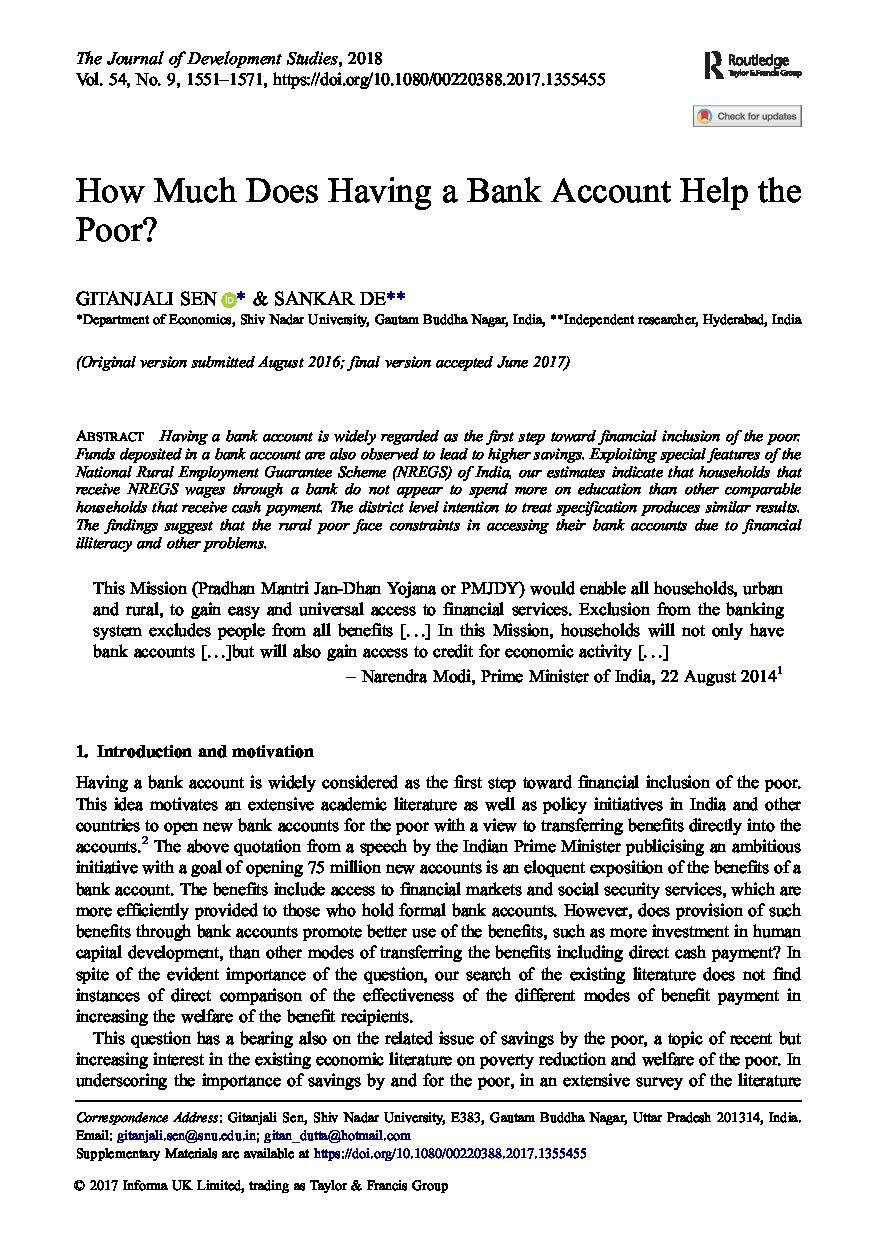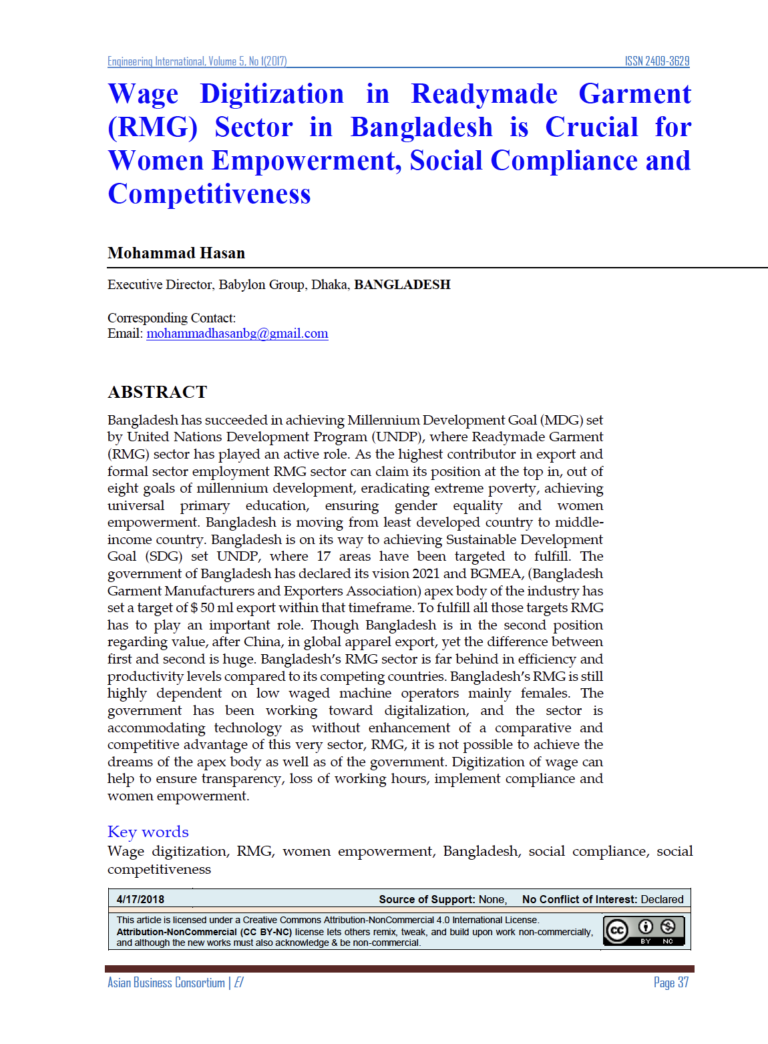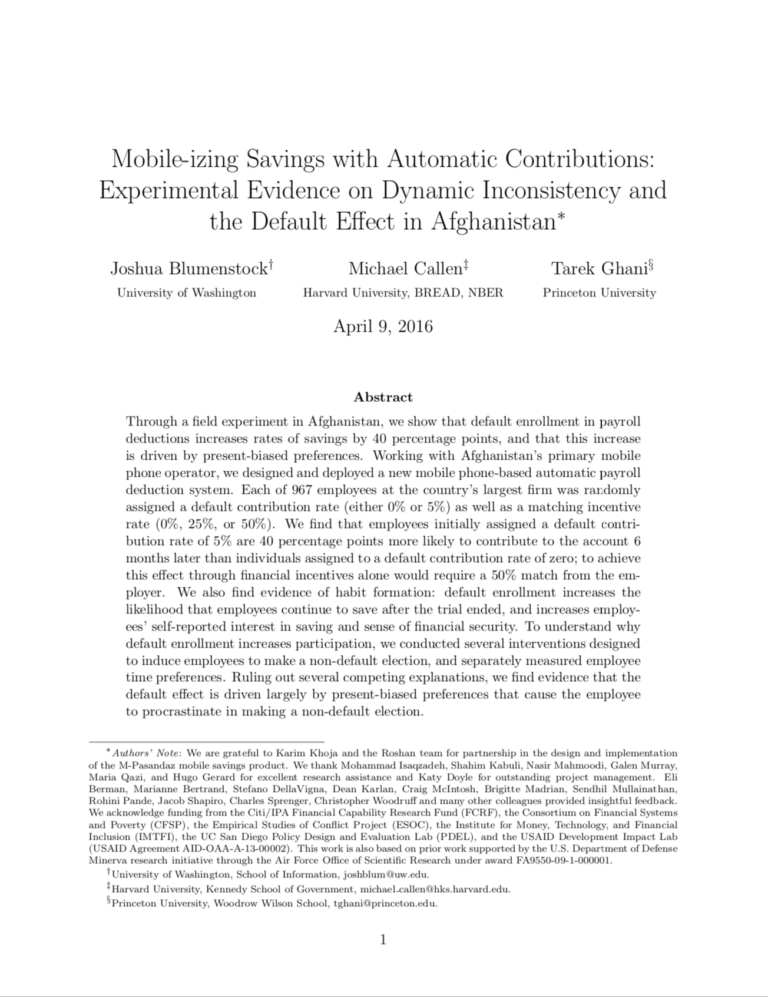Contact us: digitalwages@ilo.org
Wage protection systems and programmes in the GCC
This paper is an assessment of the limitations of the electronic Wage Protection System (WPS) introduced in four of the six Gulf Cooperation Council (GCC) states. The widespread practice of withholding wages has led to the GCC states introducing a…






